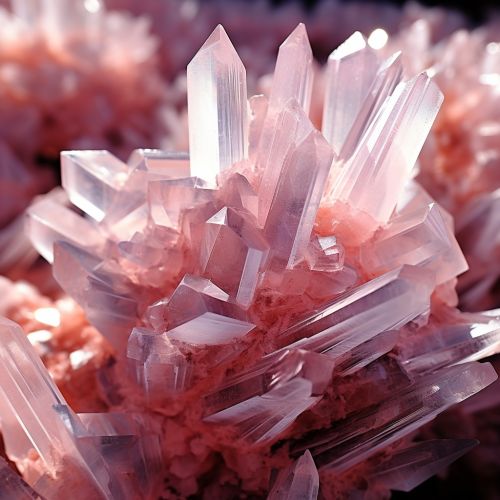Bicarbonate
Overview
Bicarbonate is an inorganic chemical compound with the formula HCO3-. It is a polyatomic ion and is the conjugate base of carbonic acid. Bicarbonate plays a crucial role in various biological and chemical processes, including photosynthesis, acid-base homeostasis, and the buffer system in the human body.


Chemical Properties
Bicarbonate ion is an amphoteric species that can act as both an acid and a base, depending on the pH of the solution. It can accept a proton from a stronger acid to become carbonic acid, or it can donate a proton to a stronger base to form a carbonate ion. This property makes bicarbonate an important component of the buffer system in the human body, which maintains the pH of blood and other bodily fluids within a narrow range.
Biological Role
In biological systems, bicarbonate is produced by the enzyme carbonic anhydrase, which catalyzes the reaction between carbon dioxide and water. This reaction is reversible, and the direction depends on the concentration of the reactants and products. In the lungs, the reaction proceeds to the right, leading to the production of carbon dioxide, which is exhaled. In other tissues, the reaction proceeds to the left, leading to the production of bicarbonate.
Bicarbonate also plays a crucial role in the process of digestion. The pancreas produces a large amount of bicarbonate, which is secreted into the small intestine during digestion. The bicarbonate neutralizes the acidic chyme from the stomach, creating a neutral environment that is optimal for the function of digestive enzymes.
Industrial Applications
Bicarbonate is also used in various industrial applications. Sodium bicarbonate, commonly known as baking soda, is used in baking as a leavening agent. It is also used in fire extinguishers, as it releases carbon dioxide when heated, which helps to extinguish flames.
In the chemical industry, bicarbonate is used in the production of soda ash, which is used in the manufacture of glass, soaps, detergents, and other chemical products. It is also used in the treatment of wastewater to neutralize acidic wastes.
Environmental Significance
Bicarbonate plays a significant role in the global carbon cycle. It is a major component of the ocean's carbonate buffer system, which helps to regulate the Earth's climate by absorbing and releasing carbon dioxide. Bicarbonate ions in the ocean also combine with calcium ions to form calcium carbonate, which is the main component of the shells of marine organisms and coral reefs.
